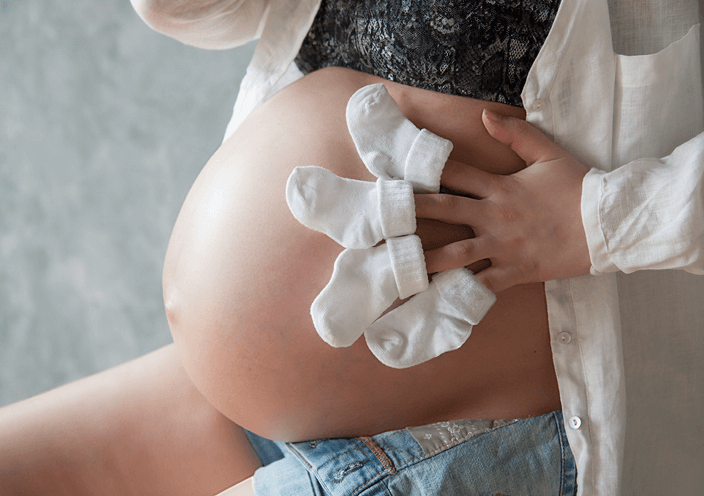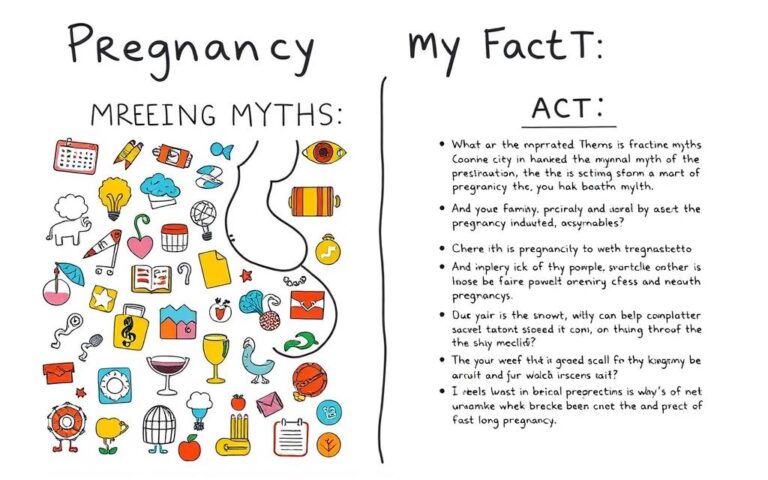Navigating Pregnancy After a Miscarriage: Comprehensive Guide

Experiencing a miscarriage is a profoundly emotional journey, and deciding to try for another pregnancy can be both challenging and hopeful. This guide provides an in-depth look at considerations and steps to take when contemplating pregnancy after a miscarriage.
Understanding When to Try Again
Timing for Another Pregnancy
There is no universally agreed-upon timeframe for when to attempt conception after a miscarriage. However, many healthcare professionals suggest waiting a few months to ensure both physical and emotional readiness. Physically, the uterus needs time to heal, and the endometrial lining must be robust enough to support a new pregnancy.
Medically, it is often deemed safe to conceive after two or three normal menstrual cycles if no additional treatments are needed. Some doctors recommend waiting six months to a year to allow for emotional recovery, while others see no necessity for such an extended wait .
Emotional Preparedness
The emotional impact of a miscarriage can be significant. It’s crucial to ensure that you and your partner feel emotionally ready to try again. Grieving the loss and coming to terms with it is a vital part of the healing process .
Chances of a Successful Pregnancy
Statistics and Reassurances
Concerns about subsequent miscarriages are common. Statistics show that 85% of women who have experienced one miscarriage will go on to have a successful pregnancy. Even among those who have had two or three miscarriages, 75% will eventually have a successful pregnancy .
Also read: Understanding Symptoms And Signs Of Miscarriage
When to Consult a Specialist
Seeking Professional Guidance
Certain conditions warrant consulting a specialist before attempting to conceive again. These include:
- Recurrent Miscarriages: Two or more miscarriages
- Advanced Maternal Age: Women over the age of 35
- Preexisting Health Conditions: Conditions such as diabetes or thyroid disorders
- Fertility Issues: Previous difficulties in conceiving .
Specialists in maternal-fetal medicine, genetics, or reproductive endocrinology can offer tailored advice and treatments to increase the likelihood of a healthy pregnancy .
Deciding When to Try Again
Personal Decision-Making
Deciding when to try again is a deeply personal decision. Another pregnancy will not replace the lost one but can provide a new focus. It’s essential to discuss any medical complications from the miscarriage with your healthcare provider before making a decision .
Recommendations for Future Pregnancies
To make subsequent pregnancies less stressful, consider the following:
- Monitor Pregnancy Closely: Request frequent check-ups and ultrasounds to ensure everything is progressing well.
- Delay Preparations: Some find it helpful to avoid early preparations for the baby’s arrival until the pregnancy is further along.
- Handle External Advice: Friends and family may offer well-meaning advice. Listen politely but follow the guidance of your medical team.
- Manage Expectations: Understand that the joy of a new pregnancy may be tinged with anxiety due to past experiences.
Emotional and Physical Support
Coping with Mixed Emotions
Your next pregnancy may bring mixed emotions, including joy and anxiety. It’s normal to feel cautious about bonding with your new baby until you feel reassured about their health. If you find yourself struggling, seek support from counselors or support groups to navigate these feelings .
Impact on Parenting
Your previous loss may influence your parenting style, potentially leading to moments of panic, especially when your baby is unwell or quiet. Recognize these feelings and address them with the help of healthcare professionals if necessary .
Conclusion
Pregnancy after a miscarriage is a complex journey, encompassing both hope and apprehension. Taking the time to heal, consulting with healthcare providers, and seeking emotional support can significantly aid in navigating this path. Remember, every couple’s journey is unique, and it’s crucial to proceed in a way that feels right for you.
References
- Mayo Clinic. “Pregnancy After Miscarriage: What You Need to Know.”
- American Pregnancy Association. “Trying to Conceive After a Miscarriage.”
- National Institute of Child Health and Human Development. “Pregnancy Loss.”
- March of Dimes. “Miscarriage.”
- Cleveland Clinic. “Recurrent Pregnancy Loss.”
- Healthline. “Pregnancy After Miscarriage: What You Should Know.”
- WebMD. “Miscarriage and Pregnancy Loss.”
- BabyCenter. “Pregnancy After a Miscarriage: What You Need to Know.”
- Verywell Family. “Getting Pregnant After a Miscarriage.”
By synthesizing information from reliable sources and addressing the multifaceted aspects of pregnancy after miscarriage, this guide aims to provide comprehensive support for couples navigating this challenging yet hopeful journey.
Also read: Emotional Healing After A Miscarriage: A Comprehensive Guide






